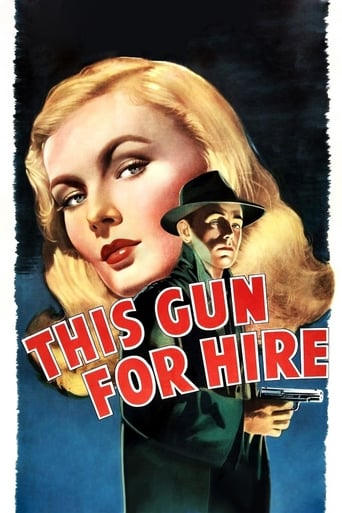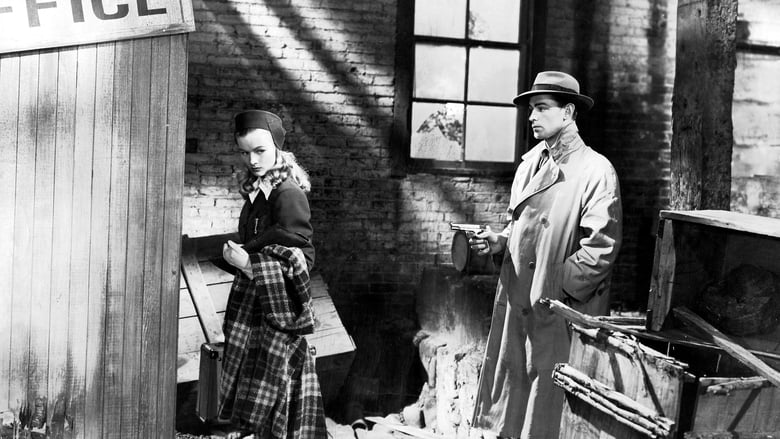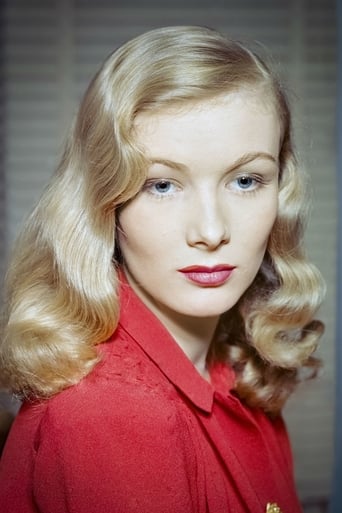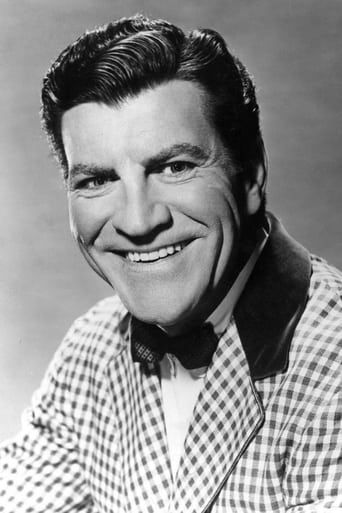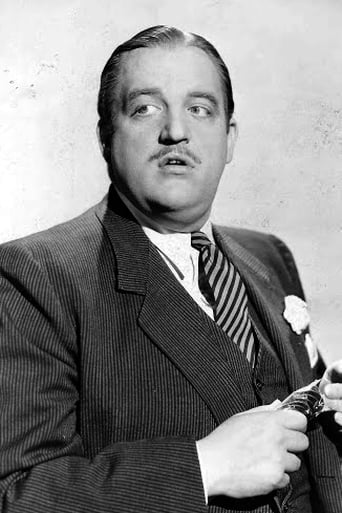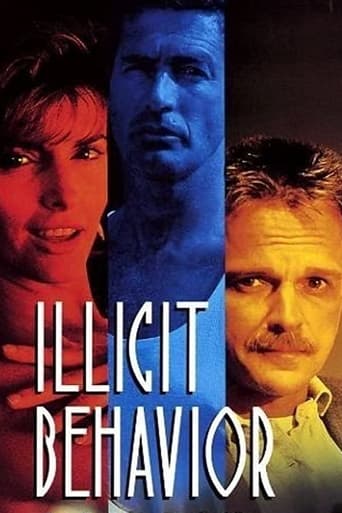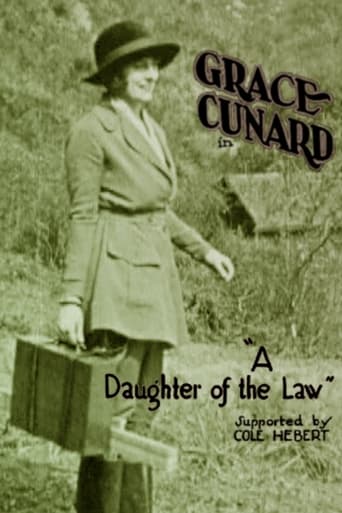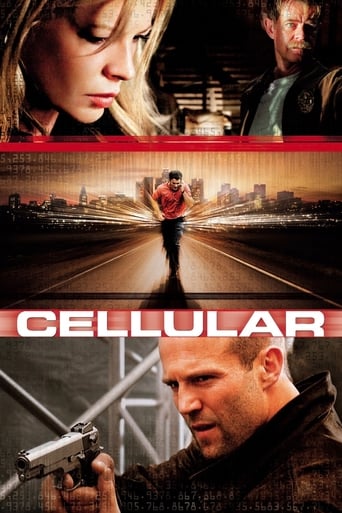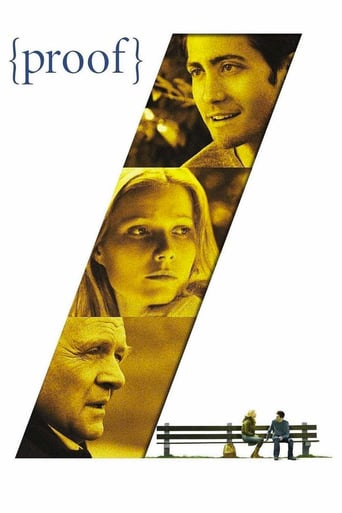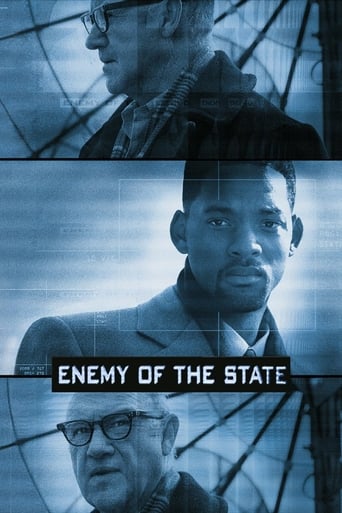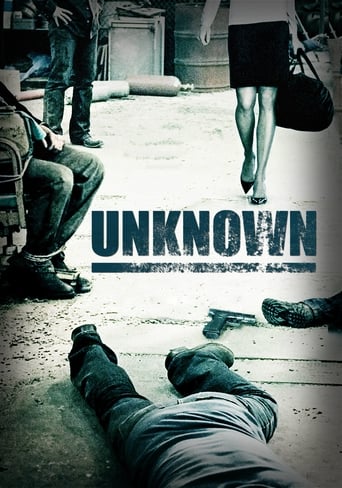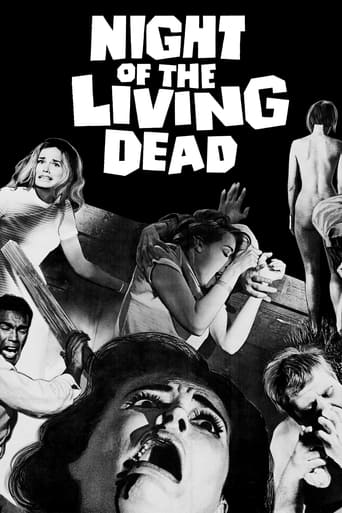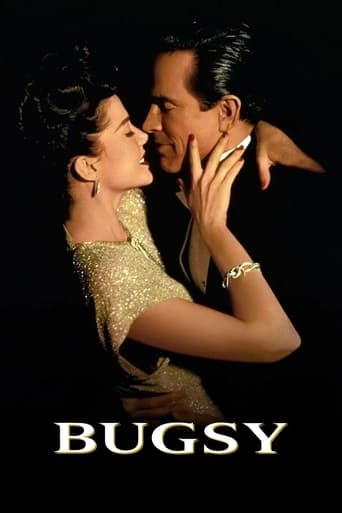This Gun for Hire (1942)
Sadistic killer-for-hire Philip Raven becomes enraged when his latest job is paid off in marked bills. Vowing to track down his double-crossing boss, nightclub executive Gates, Raven sits beside Gates' lovely new employee, Ellen, on a train out of town. Although Ellen is engaged to marry the police lieutenant who's hunting down Raven, she decides to try and set the misguided hit man straight as he hides from the cops and plots his revenge.
Watch Trailer
Cast


Similar titles
Reviews
This movie is about a hired killer named Raven, and it uses a variety of means to make us like him. First, Raven is played by Alan Ladd, who is good looking, and we have a natural inclination to like good-looking people. Second, he has a cat for a pet, of which he is very protective, causing him to slap a maid when she runs the cat out of the room after it knocks over a can of milk. We tend to like people who like animals. True, we tend to not like men who slap women, but that is the sort of thing we would expect from a man who kills people for money. It is the positive qualities that he is given to make us like him, in spite of the negative ones that would ordinarily make us not like him, that are interesting.When he goes to an apartment where there is a man he is supposed to kill, he sees a little girl sitting on the stairs with her legs in braces, probably a victim of polio. He doesn't like the fact that she is a witness, but he continues on up the stairs. Once inside the room, he is dismayed by the presence of a woman. After he kills the man, he sort of apologizes to the woman, saying he was told the man would be alone, and then he shoots her too. The man he killed was a blackmailer, so we had no sympathy for him, but in killing the woman, who presumably was nothing more than a girlfriend of the blackmailer, Raven shows that he is not averse to killing someone who is innocent, if she happens to be a witness. As a result, we wonder if he will shoot the little girl too on his way back down the stairs. He is tempted, but takes pity on her and simply leaves after handing her the ball she dropped. That is another way the movie gets us to like him.Furthermore, the movie gives us another villain, Willard Gates, whom we are encouraged to despise. Gates is played by Laird Cregar, who just has the look and manner of someone creepy. He is the one who hired Raven to do the job. He pays Raven off in ten dollar bills, and then double-crosses him by giving the serial numbers to the police so that Raven will go to prison where he cannot talk. At least, that is the idea, but it really doesn't make sense, because the best way to keep a hit-man from talking to the police is by not double-crossing him. In any event, it turns out that Gates works for a chemical company that is selling a formula for poison gas to the Japanese during World War II. Compared to Gates, Raven seems to be a pretty good guy, for a hit-man.Ellen Graham, a showgirl, is enlisted by a senator to go undercover and investigate Gates and his company. This naturally results in her and Raven crossing paths. He almost kills her to keep her from talking, but she gets away. Eventually, they come to like each other, especially after he rescues her from Gates, who was planning to have her killed. Raven confides in her about dreams he keeps having of the woman who raised him as a child, who beat him regularly, and even hit him with a flatiron, deforming his wrist. This movie was made when psychoanalysis was familiar to audiences, who were therefore primed to accept childhood trauma as an explanation for mental problems later in life. Even today, we tend to accept this explanation for why Raven is the way he is, somewhat excusing his evil nature.Raven wants to get even with Gates and with Brewster, the man Gates works for, while Ellen wants to find out if those two men are traitors. This leads them to cooperate with each other, with Ellen telling Raven where he can find the two men. Brewster is an old man in a wheel chair, which makes him the third person in this movie with some kind of physical disability, but there does not appear to be any special significance about that. In any event, when Raven forces Brewster to sign a confession, the latter dies of a heart attack, after which Raven kills Gates. This is a common ploy of the movies, having the protagonist act from personal motives, which just happen to be of great help for the war effort. So this is another way the movie gets us to like Raven.Finally, Raven starts to shoot a police detective, but when he sees that he is Ellen's fiancé, he holds his fire. This consideration for her makes us like him some more. Then he is shot by a policeman and dies. Because his death is the proper punishment for the crimes he has committed, it balances the books, allowing us to like him without feeling guilty about it.
When hit man Philip Raven (Alan Ladd) successfully completes a job, his sleazy employer Willard Gates (Laird Cregar) pays him with stolen marked bills. Raven sets out to get revenge but along the way meets and befriends nightclub singer Ellen Graham (Veronica Lake), who's been recruited by the government to prove Gates is working with foreign agents. She's also the girlfriend of the police lieutenant (Robert Preston) in charge of hunting down Raven.The movie that made Alan Ladd a star and the first to pair him with Veronica Lake. It's an exciting blend of film noir and WW2 espionage movies. Ladd's terrific as the killer with a soft spot for kittens and crippled kids who's stirred to do the right thing. Lake is very likable and cute. Although Ladd's not her love interest in this film, she has far more chemistry with him than bland Robert Preston. Laird Cregar is a wonderfully unsympathetic villain. He's just a slimeball through and through. Tully Marshall is fun as Cregar's boss. It's a great-looking movie with snappy and memorable dialogue, moody atmosphere, and even some nice humor here and there.
I have been trying to mix up what I watch recently – I watch far too much television and too many "easy" modern films so it doesn't hurt to dip back some decades and into different genres. Based on material from Graham Greene and with Alan Ladd in his first starring role, this film is considered a classic and has plenty of praise here, so I was quite looking forward to seeing it. The plot sees a hit-man (Raven) betrayed by his bosses and looking for revenge. Meanwhile the subject of his revenge (Gates) is busy hiring a showgirl in San Francisco to work in his club in LA. Unbeknownst to him this showgirl (Ellen) is the girlfriend of the cop charged with capturing Raven (due to him being set up by Gates). Unbeknownst to any of them, Ellen also has another side gig, as she has been recruited by Senator Burnett to use her new job as cover to try and get information about possible treasonous activities that gates and his employer may be up to.As you can see from above, there is a lot of plot here and it could so easily have been unwieldy and out of control, but it isn't in this case. Instead it is incredibly compact and tidy – far too tidy in fact, as the film relies so much on coincidence and convenience to keep things moving. So for example we have the officer chasing Raven being the partner of Ellen, then we have Ellen and Raven both on the same train to go see Gates – but not just the same train, but seats next to one another. This throws them together so the rest of the film can play out, but it is also rather filled with bits of writing that don't really convince in reality and seem just too convenient. I'm not sure how closely this sticks to Greene's original material, but I'm guessing it is not too closely. The story still flows along reasonably well but it is tidy to a fault and it hurts how much I could get into the material.What helped it though is the tough tone throughout. We open with a guy looking after a kitten but yet slapping around a maid before going onto murder people in cold blood – a character we're used to seeing nowadays but quite the antihero even for the genre and period. The other lead is a woman who is more together than her cop boyfriend (who does his bit but is in her shadow) and this is also a nice dynamic as, although she is not a total mould breaker, she isn't defined by the men around her. The cast do well with the material – Ladd in particular is ruthlessly cold and rarely shows even a bit of humanity, indeed that small act of kindness we see early in the film is cancelled out quite shockingly later on. Lake is pretty good; she has the looks and generally is engaging but some of the narrative dialogue is clunky and she can't do much with it. Cregar steals every scene he is in with his villain so cowardly and slimy that it nearly comes out of the screen. Preston's Crane is OK but on the edge of the film.This film has plenty of praise and I was really quite disappointed by how much of the story either didn't ring true (why would they put the police onto Raven in the first place rather than just getting the job done properly?) or was filled with convenience and tidiness for the sake of events whether it was likely or not. The atmosphere makes it worth watching though and the performances of Ladd and Cregar in particular. Shame the story is really very weak though.
"Can you imagine a world without men? No crime and lots of happy fat women." - Nicole HollanderHarder boiled than most hard boiled noirs, "This Gun For Hire" opens with Alan Ladd, who plays a small time assassin, tearing a woman's dress apart and then slapping her firmly across the face. But of course noirs have always had a misogynistic undercurrent. Your typical noir hero tends to fear and distrust women, even as his manly impulses drive him inexorably toward them. Cue the lusty, sexual vibes typical of the genre. Women in these films themselves tend to merely act out the roles that male authors and audiences require of them, not necessarily the roles they would actually play in real life.But what's funny about "This Gun For Hire" is the way all these "hard boiled" moments are calculatedly undercut. Our bad guy hero slaps women, but he also protects little kittens, our hero kills men, but he also helps little kids, our hero shoots women, but only because they're evil blackmailers. And on and on it goes. Our hero is a criminal, but he's doing a good deed by knocking off bad guys even worse than he is. Our hero is a kidnapper, but the woman he abducts falls in love with him. Every inch of the film seems designed to sanction what its film-makers, perhaps ashamedly, deem its more deplorable aspects.Still, "This Gun For Hire" is some kind of noir classic, thanks largely to the now iconic pairing of the voluptuous Veronica Lake – one of Hollywood's early blonde bombshell's – and Alan Ladd, who turns in a fine performance as a sleazy, mean, hard-as-nails killer. The duo's smouldering chemistry would lead to them appearing in a number of later noirs, including "The Glass Key" and "The Blue Dahlia". These films were often dubbed "Lake-Ladd" films, and today play like slightly poorer versions of the more famous "Bogart-Bacall" noirs."This Gun For Hire" was directed by Frank Tuttle. His direction is mostly generic, but the film has some morsels worth noting: Lake's character is bizarrely a magician, singer, damsel in distress and US secret agent, the film features a pretty good foot chase, Lake in semi-fetish/bondage wear (black latex and heels, and later all tied up on a couch) and two villainous noir stapes: the effeminate-evil-fat-guy and the old-villain-in-a-wheelchair-and-blanket cliché ("The Big Sleep", "The Big Lebowski" etc). Like many noirs of this period, the film's overall narrative arc is one which promotes patriotic duty; a rallying cry for American businessmen to "be good" and "not trade or sell secrets to evil foreign countries".Incidentally, "LA Confidential" features a brief scene in which a segment of "This Gun For Hire" is shown playing in the background. Kim Basinger's bosomy character in "LA Confidential", with her curly blonde locks, was modelled on Veronica Lake.7.9/10 – Worth one viewing. Makes a good companion piece to Jacques Tourneur's "Out of the Past".

